Lactobacillus bulgaricus: From Yogurt Bacteria to Probiotic?
Lactobacillus bulgaricus (L. bulgaricus) was originally discovered in 1905 as a crucial element of Bulgarian yogurt by Dr. Stamen Grigorov. He attributed some general health benefits to it. Since then, numerous studies have shown that it is not only one of the two bacteria required for yogurt, but it has numerous beneficial probiotic properties in the human body.
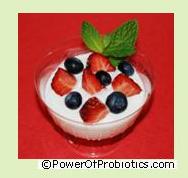 |
It is one of the two active bacteria (the other one being Streptococcus thermophilus) that are required by the FDA in the US in order for a dairy product to be labeled as "yogurt". |
L. bulgaricus is one of those probiotic bacteria that is called one name but is really technically another. In this case, the scientific name is Lactobacillus delbrueckii subspecies bulgaricus. You won’t see that long name on food and supplement products, however, so the common name is used on this website.
Like most probiotics, the characteristics of L. bulgaricus strains are strain-specific. Most of them have adapted to the types of milk used, be that sheep, goat, yak, cow, etc. and they are highly suited to survive in milk because they prefer to use lactose as food.
Is L. bulgaricus Safe?
Since this species of bacteria is used as one of the essential microbes in yogurt, you can guess that it is generally considered to be safe. It is on the European QPS (Qualified Presumption of Safety) list.
What Are The Benefits Of Lactobacillus bulgaricus?
Since they use lactose as food, one of the biggest benefits of L. bulgaricus is improved lactose digestion and reduction or elimination of symptoms of lactose intolerance in individuals.
In general, L. bulgaricus bacteria:
- Are able to survive stomach acid, bile salts and pancreatic enzymes by adapting their existence until better conditions arrive (but it does not form an endospore like Bacillus species do)
- Are transient species (do not colonize permanently)
- Are able to use simple sugars from the diet and produce exopolysaccharides (EPS), complex branched carbohydrate-like molecules that help increase the thickness of yogurt and slow down the absorption of simple sugars into the bloodstream. This can be helpful in normalizing blood sugar levels.
- Have a symbiotic (mutually rewarding) relationship with S. thermophilus
- Are facultative anaerobes, meaning they live best with little to no oxygen
- Reproduce rapidly in mid-range temperatures
- Produce products which enhance the aroma and flavor of yogurt
Where Can You Find Lactobacillus bulgaricus?
L. bulgaricus (live) is found in unheated cultured dairy products such as yogurt (but not yogurt-covered pretzels or nuts). The strain used in the yogurt will determine if the yogurt is aromatic and tart or more tart and flat. It may also be found in other cultured or fermented products. Read labels.
As a yogurt starter, you can find it in:
As a probiotic supplement, it is found in multi-species products such as:
|
One of the strains with research supporting its use is Lactobacillus bulgaricus LB-51. Read my review of Natren's Healthy Trinity here. |
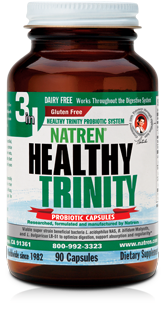
|
|
See my review of iFlora here. |
I research studies and share my clinical experience to write this free site to help you find solutions to your problems. As part of that, I recommend products and services that I genuinely believe will be of help to you. If you click on a link to a product/service, I may receive a small commission to support my efforts if you buy something. The item does not cost you more.
Thanks for visiting this site! If you've enjoyed reading this page or have found the information to be useful to you, please "like", tweet about it, or share it so others can benefit, too. You can leave comments below via Facebook or Disqus.
Comment with Disqus (including as a guest), Twitter or Google accounts:
If you are one of my many readers without a Facebook account, you can still comment.
Disclaimer: Please note: By law, I cannot provide any personalized recommendations for your specific health concern on this site. The information contained in this site is educational in nature and is not intended as diagnosis, treatment, prescription or cure for any physical or mental disease, nor is it intended as a substitute for regular medical care. Consult with your doctor regarding any health or medical concerns you may have.
Subscribe to my occasional newsletter and receive a free copy of "How to Use Probiotics to Lose Weight and Be Healthier".

To comply with the EU's GDPR data privacy regulation, please subscribe here:
Looking for some quality professional supplements, including probiotics? Check out my online dispensary, as I will be doing reviews of some of these products in the future. Click on the Fullscript picture. (Note: If you were a former Wellevate customer, please switch to Fullscript for a better customer experience. Thanks!)
Some competitors of SBI (Solo Build It) are posting fake negative reviews of SBI. If you are considering creating your own website business, or if you have a brick-and-mortar business but want an online presence, I highly recommend SBI!


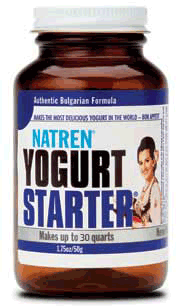
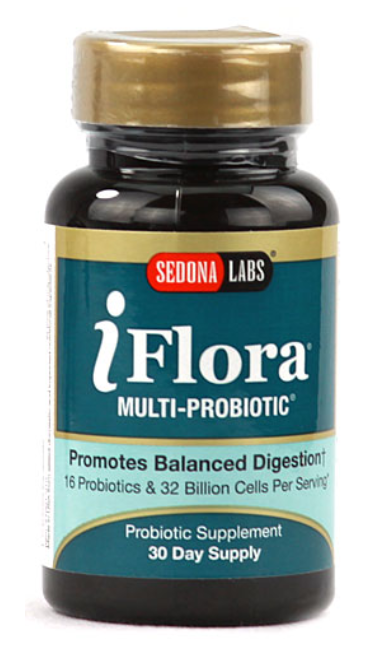

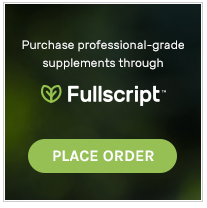

Comment with Facebook!
I'd love to hear your opinion about what you just read. Leave me a comment in the box below! Other commenting options follow the Facebook comments.